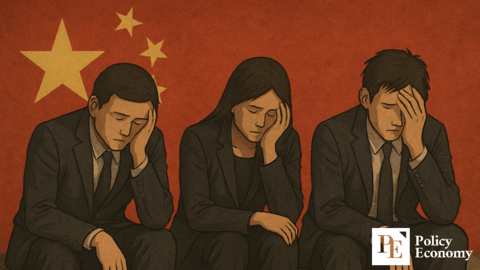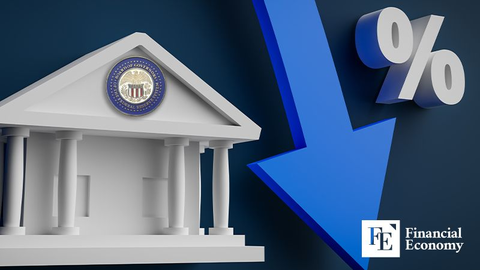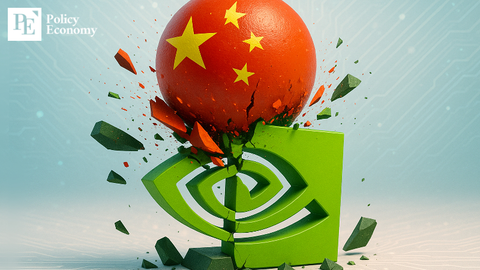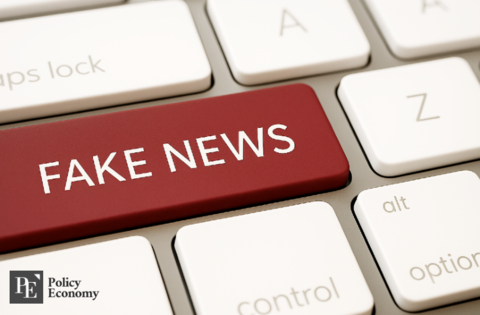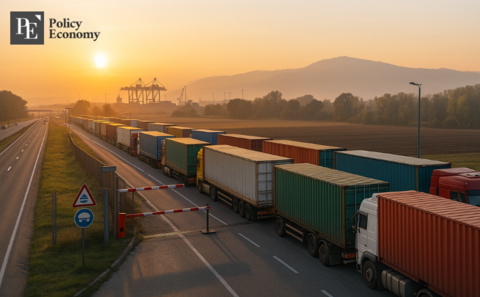Jamie Dimon Sounds the Alarm: How Tariffs Could Tip the U.S. Into Recession
Input
Modified
The Resurgence of Tariffs: A Dangerous Experiment? Recession Fears Grow: The Economic Impact of Tariffs The Path Forward: A Balanced Approach to Trade
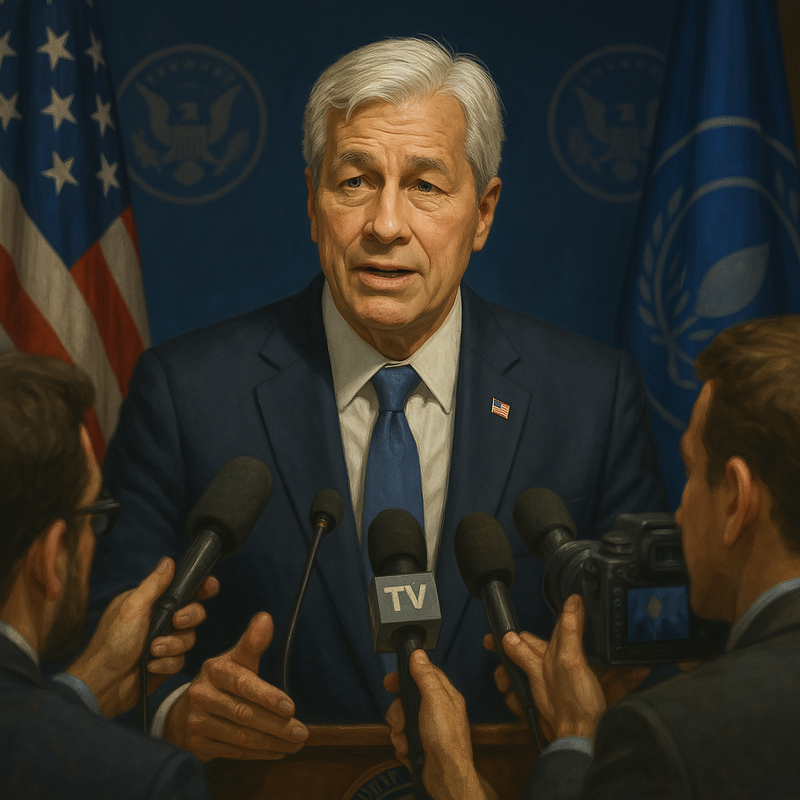
The Resurgence of Tariffs: A Dangerous Experiment?
Jamie Dimon, the long-time CEO of JPMorgan Chase, has never been one to shy away from speaking his mind on key economic issues. However, when it comes to policy matters, especially those as contentious as tariffs, Dimon has usually taken a more measured, reserved stance. But recently, in light of the latest developments in U.S. trade policies, Dimon’s alarm bells have been ringing louder than ever. This time, it is about tariffs – and for good reason. With the U.S. economy grappling with potential recessions, growing inflationary pressures, and mounting uncertainty in global trade relations, Dimon’s warnings are not just a matter of policy critique; they represent a crucial call to action that cannot be ignored.
Tariffs, which are essentially taxes imposed on imported goods, have become one of the most contentious tools in international trade policy. The United States’ use of tariffs has increased significantly in recent years, especially during the tenure of former President Donald Trump, whose administration imposed tariffs on billions of dollars worth of Chinese goods. Now, as tariffs are being raised once again under the Biden administration, Dimon’s concerns have intensified. Dimon’s fear is not unfounded; the potential repercussions of these trade policies could send shockwaves through the global economy, especially as the U.S. economy appears to be teetering on the edge of recession.
For most businesses, tariffs can be seen as a tax on imports, which can have significant ripple effects throughout the economy. When tariffs are imposed on raw materials, finished products, or intermediate goods, they drive up costs for manufacturers and, in turn, consumers. This increase in costs can lead to inflationary pressures, reduced consumer spending, and ultimately slower economic growth. Dimon has often warned about the dangers of protectionist policies and the long-term negative effects they can have on the global supply chain. His message has been clear: tariffs are a double-edged sword, capable of harming domestic industries as much as they can protect them.
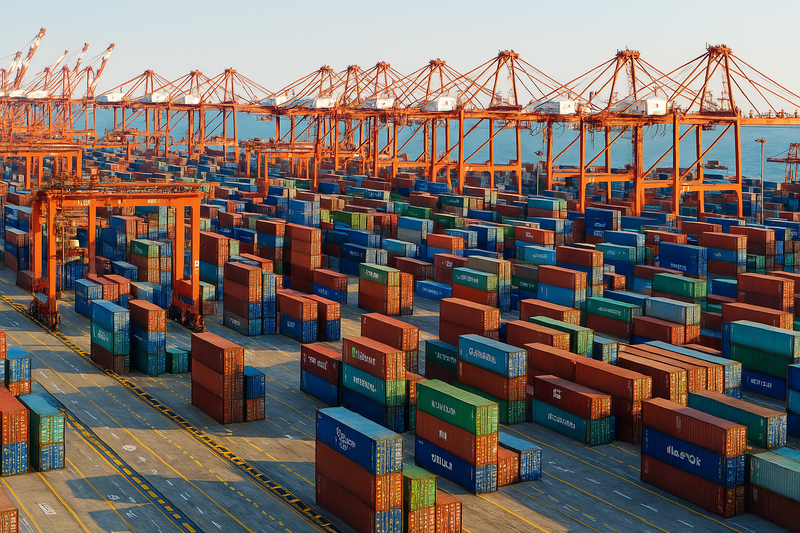
Recession Fears Grow: The Economic Impact of Tariffs
As Dimon has pointed out, the imposition of tariffs is just one element in a broader set of economic challenges facing the United States today. As the U.S. economy faces the possibility of entering a recession, the role of tariffs becomes even more critical. In fact, many analysts are linking the renewed use of tariffs to the increasing odds of a downturn. Recently, Goldman Sachs raised its forecast for the likelihood of a U.S. recession, now pegging the odds at 45%. This was the second increase in a week, signaling a growing consensus among financial experts that the U.S. economy is on the brink of a significant slowdown.
A recession, which is typically defined as two consecutive quarters of negative economic growth, can have a profound impact on everyday Americans. Job losses, reduced consumer spending, and higher costs of living can lead to increased social unrest and political instability. With tariffs potentially exacerbating these problems, the situation could become far more dire. Dimon’s warnings are therefore not just about trade policy but also about the broader economic consequences that could ripple throughout the country if the recession fears materialize.
Investors Seek Rate Cuts to Combat Economic Slowdown
As the threat of a recession looms larger, investors are already bracing for the fallout. Many are now calling on the Federal Reserve to take more aggressive actions to combat the economic slowdown, particularly by cutting interest rates. The theory behind this approach is that lower rates can help stimulate economic growth by making borrowing cheaper for both consumers and businesses. However, the impact of interest rate cuts can be limited if tariffs continue to raise costs and stifle demand.
In response to these concerns, financial markets are closely watching any potential changes in U.S. trade policy. In particular, there are questions about how the renewed tariffs under the Biden administration might impact the Federal Reserve’s next moves. If tariffs continue to drive up inflation, the Fed may be forced to adopt a more cautious stance, potentially slowing down its rate-cutting plans. On the other hand, if tariffs are rolled back or reduced, it could provide a much-needed boost to investor sentiment, helping to ease fears about a prolonged economic downturn.
The relationship between tariffs and interest rates is not always straightforward. Lower interest rates can help mitigate the negative effects of tariffs, but they can only do so much if trade policies remain restrictive. The Federal Reserve’s ability to counteract the effects of tariffs through monetary policy could be limited, and Dimon’s concern is that this could lead to a prolonged period of economic stagnation.
Tariffs and Global Trade: The Bigger Picture
While Dimon’s focus is primarily on the impact of tariffs on the U.S. economy, it is important to understand that the issue is part of a much larger global trade dynamic. The U.S. is the world’s largest economy, and its trade policies have far-reaching consequences. When tariffs are imposed on foreign goods, they can lead to retaliatory measures from other countries, escalating trade tensions and potentially disrupting the global supply chain. This can further strain businesses that rely on international markets for raw materials, goods, and services.
The global nature of trade means that tariffs don’t just hurt consumers in the U.S.; they can also have a ripple effect on economies worldwide. As Dimon has noted, the current trade environment is already fraught with uncertainty, and the imposition of more tariffs could destabilize global markets even further. This could lead to a prolonged period of economic instability that harms both developing and developed economies, with significant long-term consequences.
The potential consequences of tariffs also go beyond the immediate economic impact. Dimon has raised concerns about how tariffs can exacerbate geopolitical tensions. As trade barriers go up, countries may turn inward, pursuing protectionist policies that limit international cooperation and collaboration. In a world that is increasingly interconnected, such an approach could stunt global economic growth and reduce the ability of countries to address other critical issues such as climate change, security, and human rights.
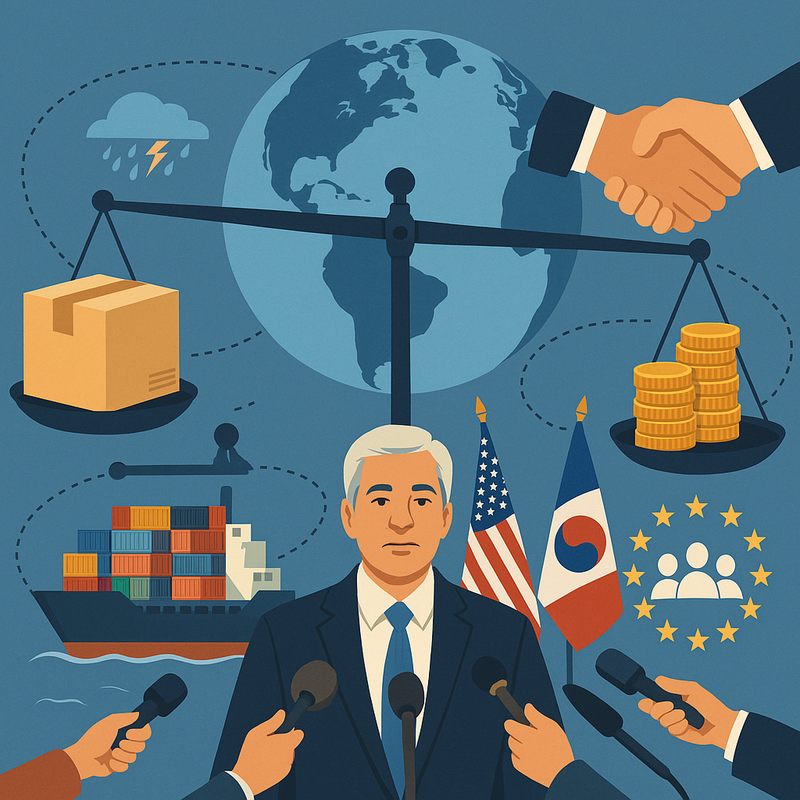
The Path Forward: A Balanced Approach to Trade
While Dimon’s warnings about tariffs are clear and well-founded, the question remains: What can be done to address the economic challenges posed by trade policy? The solution may not be as simple as dismantling all tariffs or reverting to a fully free-market system. However, a more balanced approach to trade policy may offer a way forward. This could involve negotiating fair trade agreements that protect domestic industries without resorting to overly restrictive tariffs. It may also require finding ways to address the underlying causes of trade imbalances, such as currency manipulation or unfair labor practices, without resorting to blanket tariffs that harm consumers and businesses alike.
Ultimately, Dimon’s warnings are a call for policymakers to consider the long-term consequences of their actions. In a globalized economy, tariffs are not a one-size-fits-all solution, and their impact must be carefully weighed against the potential for broader economic harm. As the U.S. faces growing fears of recession and the uncertain economic fallout from continued tariff policies, the time for a more nuanced, thoughtful approach to trade may be now.
In conclusion, Jamie Dimon’s recent remarks on tariffs serve as an important reminder of the complexities and potential dangers of trade policy. As the U.S. economy faces the possibility of a recession, tariffs could be the spark that ignites a larger economic firestorm. Investors, businesses, and consumers must all pay close attention to the economic policies being enacted today, as they could determine the trajectory of the economy for years to come. Dimon’s call for caution and careful deliberation should not be taken lightly, as the consequences of continued tariff escalation could be far-reaching and profound.

